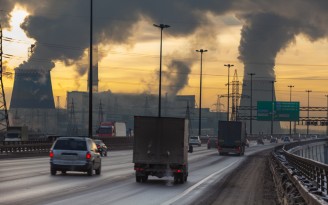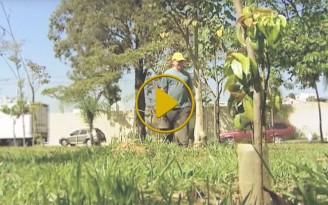
Find out what permaculture is and how it can help the Planet
Nathan Rodrigues
Tuesday | November 29, 2016 | 3:04 PM | Last update: July 10, 2017, 8:33 AM (Brasilia time)
The term permaculture comes from the expression “permanent agriculture” and was coined in the 1970s by biologists Bill Mollison and David Holmgren. This multidisciplinary system― which combines knowledge of architecture, social sciences, and solidary economy, among other areas―seeks to create spaces that are in harmony and balance with nature. In other words: it works with the environment, not against it.
Based on three principles―care for the earth and people, and fair share―, permaculture calls on all citizens to pay attention to the environment while assessing their attitudes, and to conscientiously use natural resources. That is why it encourages the development of ecologically sustainable projects that are financially viable. They should not pollute or indiscriminately exploit nature and should meet people's basic needs.
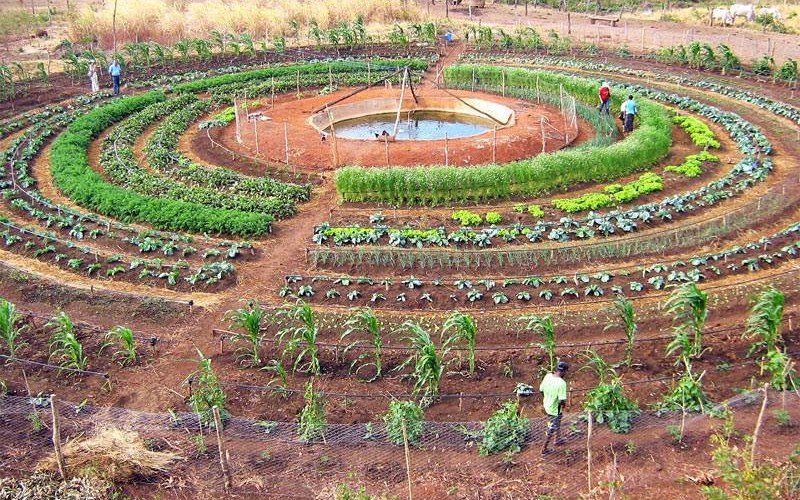
In this way, it is possible to build sustainable communities, by integrating design (a term used by experts to define the planning and design of human occupation) and environmental awareness! \o/
So let’s agree that permaculture is a good idea, right?
Coming out of inertia
This system may even have been created in response to agricultural and industrial methods way back in the 1970s, but did you know that it’s also used in large cities? In São Paulo (Brazil), for example, we have the work of the Morada da Floresta. This non-governmental organization, which began as student accommodation, offers courses, products, and services and develops projects to encourage sustainable practices, thus helping raise ecological awareness.
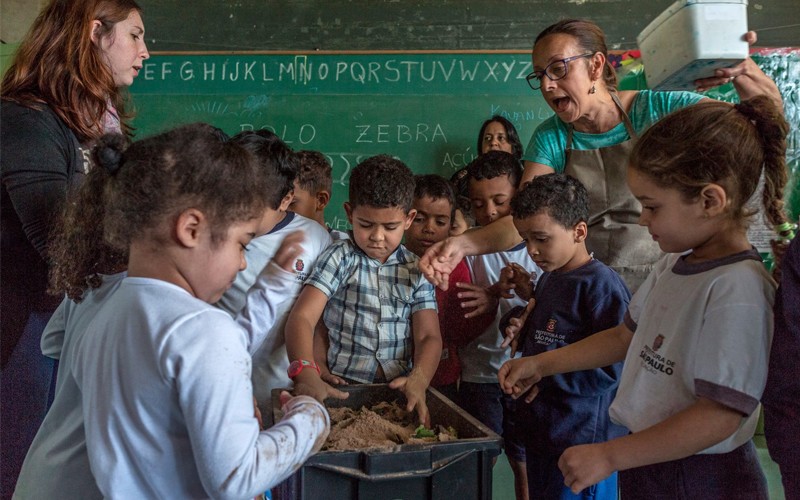
“It was established mainly because of the need to make the world a better place and to implement sustainable practices within the home,” says Leopoldo Matosinho, the administrative coordinator of the organization. He has no doubt whatsoever about how applicable these actions are in urban areas. “We believe that change starts with us and within our own home. It’s possible to do this cheaply, because there are different alternatives, such as reusing things. We need to always transform problems into solutions.”
The Biosphere program on Boa Vontade TV went to the headquarters of the NGO and prepared a special report on the subject.
With these actions, Morada da Floresta aims to incorporate the basic principles of permaculture: ensuring people identify and abandon their destructive habits, and share ways of reducing the impact of their actions, such as the unchecked consumption of natural resources and the damage caused to Earth.
Friends of the Planet
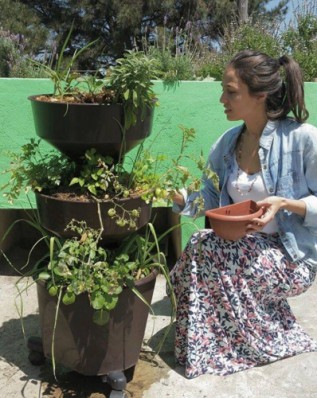
Journalist and writer José de Paiva Netto says in his article “Awareness today . . .” that, “Human beings act like there is no tomorrow. For this reason, they cease to assess the future results of their actions in the present. This is worrisome, because when the devastating effects of bad sowing arrive, the situation may be irreversible or accompanied by enormous losses.”
It is increasingly urgent, therefore, to change our attitude towards Nature. If this doesn’t happen, future generations will suffer the consequences of every tree that is felled today, and every river basin that is polluted or used indiscriminately. We should not allow this to happen to our Brothers in Humanity, let alone to our collective dwelling, right?
Our suggestion is that all of us―that's right, no one can be left out of this!―should rethink our attitudes. We’ve already shown here how we can help the world with small attitudes, such as saving water and recycling, for example. A simple gesture can be worth a lot! Let's get started now! = D
